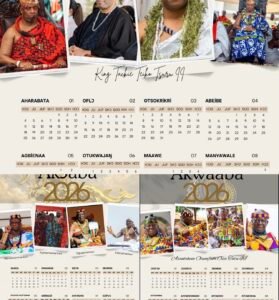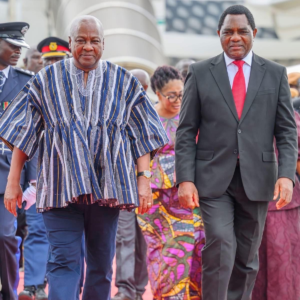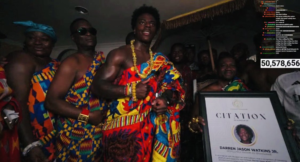
In a thought-provoking tweet circulating among Ghanaians, the issue of educated parents opting to speak English rather than local languages at home has sparked a heated debate. The tweet, posted by a concerned Ghanaian @opresii, questions the rationale behind this linguistic choice, suggesting it may not be in the best interest of cultural preservation and identity.
Many Ghanaian parents, particularly those with higher education backgrounds, choose English as the primary language of communication within their households. This decision often stems from a desire to prepare their children for academic success in a globalized world where English proficiency is highly valued. English, as the official language of instruction in Ghanaian schools, is seen as essential for educational advancement and future career opportunities.
However, critics argue that this practice comes at a cost to Ghana’s rich linguistic heritage. Ghana is home to over seventy indigenous languages, each with its own unique cultural significance and historical importance. By prioritizing English over local languages at home, some fear that younger generations may lose touch with their cultural roots and struggle to communicate effectively with extended family members who predominantly speak these indigenous languages.
Critics also argue that children already learn English extensively at school, so there is no need for parents to impose it at home at the expense of the mother tongue. Instead, they believe home should be the safe space where children are immersed in their local language and culture.
The issue is not merely linguistic but also cultural. Language serves as a vehicle for transmitting cultural values, traditions, and identity across generations. When local languages are sidelined in favor of English, there is a risk of eroding these cultural foundations.
Some parents defend their choice, citing practical considerations such as the need to prepare children for an increasingly competitive job market where English proficiency is non-negotiable. They argue that fluency in English opens doors to higher education opportunities both within Ghana and internationally.
Nevertheless, proponents of indigenous language preservation advocate for a balanced approach that values both English proficiency and fluency in local languages. They stress the importance of bilingualism or multilingualism in fostering a strong sense of identity and cultural pride among Ghanaian youth.
In conclusion, the debate surrounding language choice in Ghanaian households reflects broader societal tensions between globalization, cultural preservation, and educational aspirations. While the use of English, to those Ghanaians, offers advantages, the challenge lies in finding ways to promote indigenous languages without compromising educational and career prospects for future generations. Finding a middle ground that respects both linguistic diversity and the practicalities of modern life remains a pressing issue for Ghanaian families and policymakers alike.
Have your say. What do you also think?
Editor: Ama Gyesiwaa Quansah





